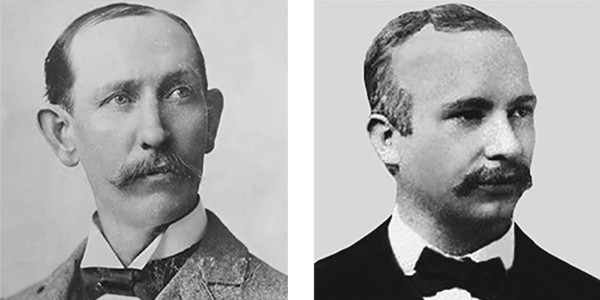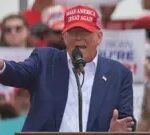Labor Day, observed annually on the first Monday of September, stands as a tribute to the social and economic achievements of American workers. This holiday finds its roots in the late 19th century, driven by labor activists advocating for a federal holiday recognizing the invaluable contributions of workers to the strength, prosperity, and overall well-being of the United States.
The Early Days of Labor Day Recognition
Before gaining federal recognition, Labor Day was championed by labor activists and individual states. Following the implementation of municipal ordinances in 1885 and 1886, a concerted effort emerged to enact state legislation. While New York initially introduced a bill, Oregon took the lead by passing a law officially recognizing Labor Day on February 21, 1887. Subsequently, in 1887, Colorado, Massachusetts, New Jersey, and New York followed suit, enacting laws to establish Labor Day as a holiday. By the close of the decade, Connecticut, Nebraska, and Pennsylvania had joined the movement. By 1894, 23 additional states had embraced the holiday, and on June 28, 1894, Congress formally passed an act designating the first Monday in September as a legal holiday.
The Contentious Origins: McGuire vs. Maguire
The question of who initially proposed the concept of a holiday dedicated to workers remains a subject of debate. However, two prominent figures emerge as strong contenders for the title of “Founder of Labor Day”: Peter J. McGuire and Matthew Maguire.
Some historical accounts suggest that in 1882, Peter J. McGuire, serving as the general secretary of the Brotherhood of Carpenters and Joiners and a co-founder of the American Federation of Labor, proposed setting aside a day for a “general holiday for the laboring classes” to honor those “who from rude nature have delved and carved all the grandeur we behold.” His vision emphasized recognizing the contributions of workers in shaping society.
However, Peter McGuire’s claim to Labor Day’s origins has been challenged. Many historians and researchers argue that Matthew Maguire, a machinist, was the true founder of the holiday. Recent evidence suggests that Matthew Maguire, later the secretary of Local 344 of the International Association of Machinists in Paterson, New Jersey, proposed the holiday in 1882 while serving as secretary of the Central Labor Union in New York.
According to the New Jersey Historical Society, after President Cleveland signed the law establishing Labor Day as a national holiday, the Paterson Morning Call published an opinion piece asserting that “the souvenir pen should go to Alderman Matthew Maguire of this city, who is the undisputed author of Labor Day as a holiday.” Intriguingly, both Maguire and McGuire were present at the inaugural Labor Day parade in New York City that year. This ongoing debate underscores the complex historical narrative surrounding the holiday’s origins.
The Inaugural Celebration of Labor Day
The first Labor Day holiday was celebrated on Tuesday, September 5, 1882, in New York City, meticulously planned by the Central Labor Union. Demonstrating its commitment, the Central Labor Union organized its second Labor Day holiday just a year later, on September 5, 1883. These early celebrations set the stage for the holiday’s eventual nationwide recognition.
By 1894, the movement had gained significant momentum, with 23 more states adopting the holiday. This widespread support culminated on June 28, 1894, when President Grover Cleveland signed a law officially establishing the first Monday in September of each year as a national holiday. This act solidified Labor Day’s place in American culture and history.
Labor Day: A National Holiday
Across the United States, Labor Day is celebrated with parades, parties, and various festivities, echoing the spirit of the initial proposal for the holiday. This proposal emphasized a street parade to showcase “the strength and esprit de corps of the trade and labor organizations” within the community, followed by a festival providing recreation and amusement for workers and their families. This concept has remained a central feature of Labor Day celebrations throughout the years.
Over time, speeches by prominent figures have been incorporated, highlighting the economic and civic importance of the holiday. Further solidifying the labor movement’s impact, a resolution passed by the American Federation of Labor convention of 1909 designated the Sunday preceding Labor Day as Labor Sunday, dedicated to the spiritual and educational aspects of the labor movement.
The American labor movement has undeniably elevated the nation’s standard of living and contributed to unprecedented levels of production. Moreover, it has propelled the country closer to realizing its ideals of economic and political democracy. Consequently, it is fitting that the nation recognizes and celebrates the American worker on Labor Day – the driving force behind much of the nation’s strength, freedom, and leadership. Labor Day serves as a powerful reminder of the importance of workers in building and sustaining a prosperous and equitable society.


